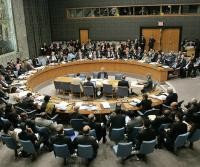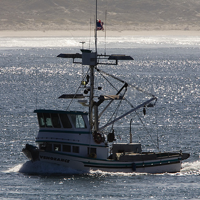
Despite the jubilation that followed South Sudan’s largely peaceful vote for independence in January, relations with northern Sudan have since deteriorated. In May, just weeks ahead of South Sudan’s July 9 independence day, the Sudanese army occupied the contested Abyei border region. In response, the United Nations Security Council authorized a peacekeeping mission, UNIFSA, to monitor the border and protect civilians there. On Aug. 4, four Ethiopian peacekeepers deployed with UNIFSA were killed after their vehicle struck a landmine in Abyei. Three of the soldiers reportedly died from their injuries after a United Nations medical evacuation helicopter was delayed three […]

